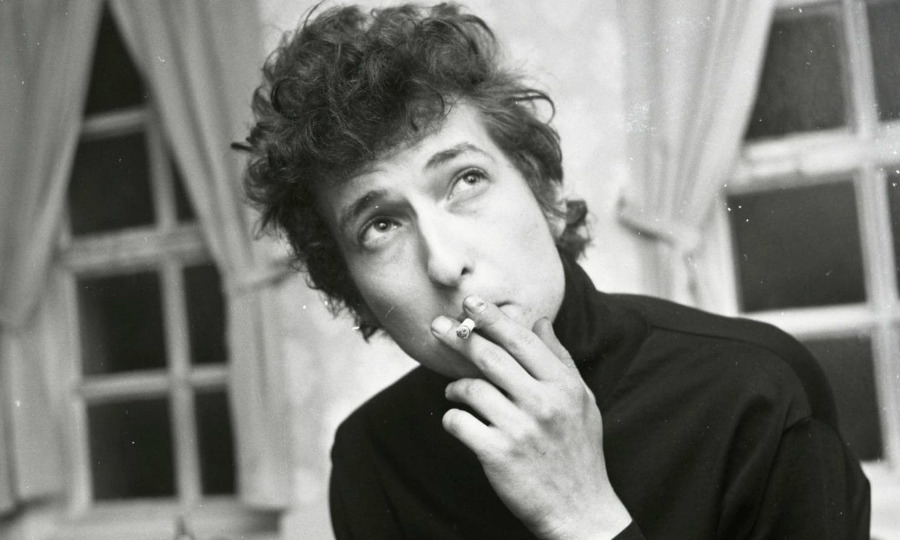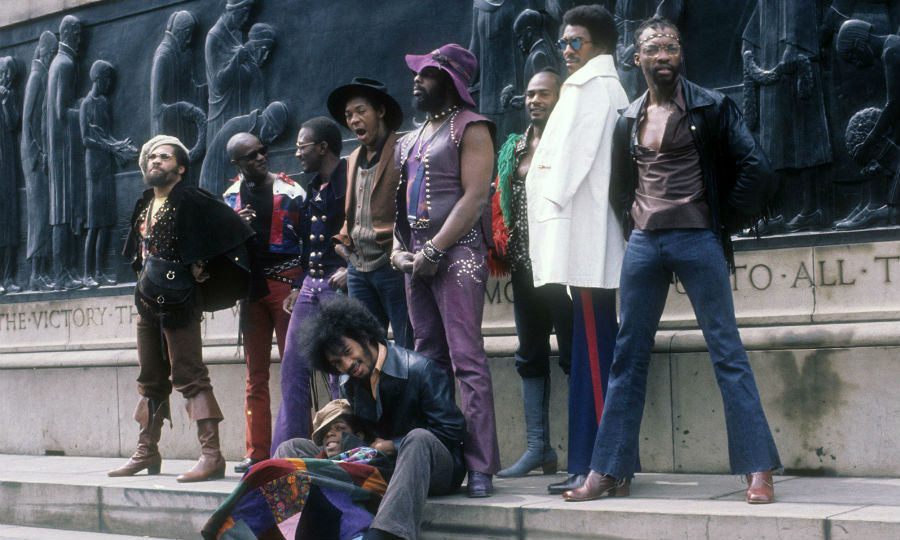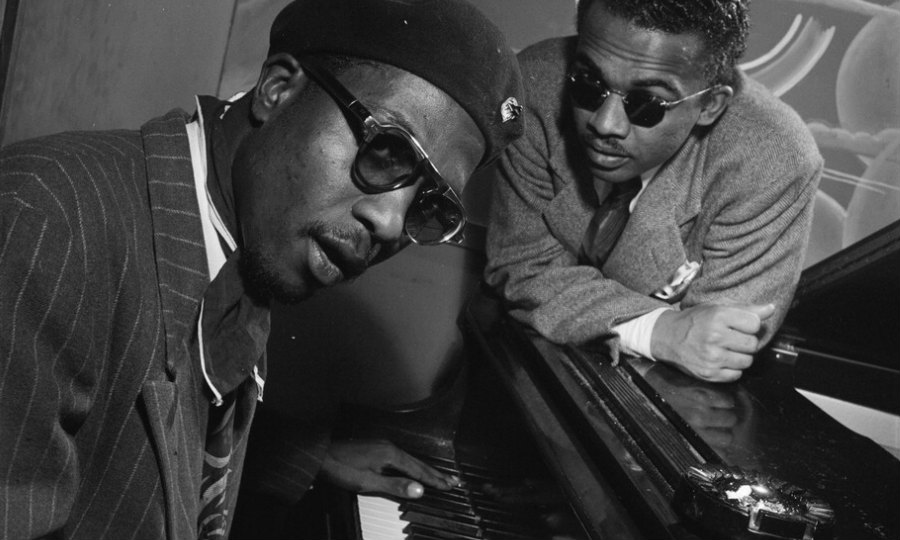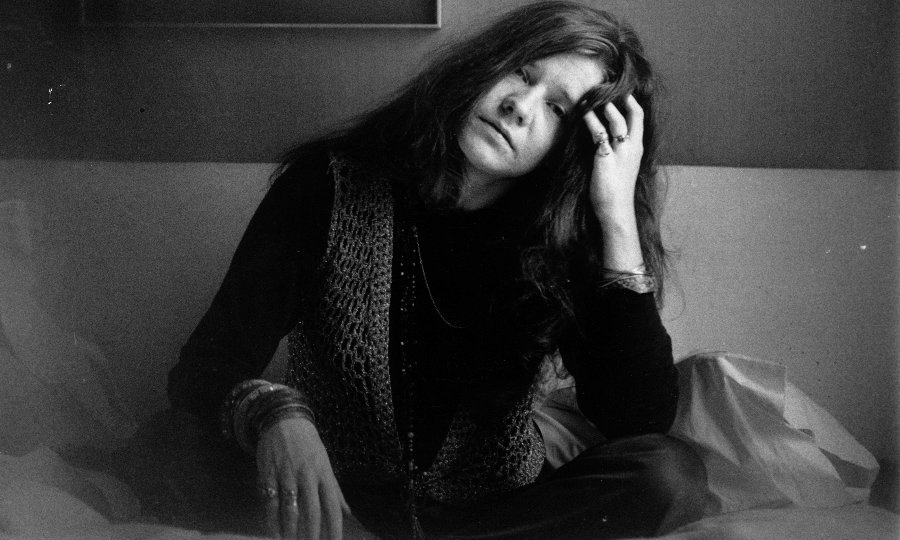One of Bob Dylan’s greatest talents by and large is his ability to connect with eternally recurring themes and express them with the elegance and grace of an ancient Greek poet on the steps of Olympia. In 1973, Dylan once again proved his deification with a brilliant expression of death and passing, Knockin’ On Heaven’s Door.
Much like The Times They Are A-Changin’, Blowin’ In The Wind, Don’t Think Twice, It’s All Right, and Gotta Serve Somebody, Dylan has created a powerful tune that is endlessly relevant and shows of his efficacy for graceful lyricism. One of the most covered songs to ever be penned, Eric Clapton, Roger Waters, Aretha Franklin, Neil Young, Bon Jovi, Dolly Parton, and Bruce Springsteen have all interpreted the tune. Though the most interesting and undoubtedly rapturous envisioning was that of Guns N’ Roses.
Here’s how the God of Folk’s throwaway masterpiece turned into a Guns N’ Roses staple with 72,000 singing along at Wembley Stadium in a matter of years.
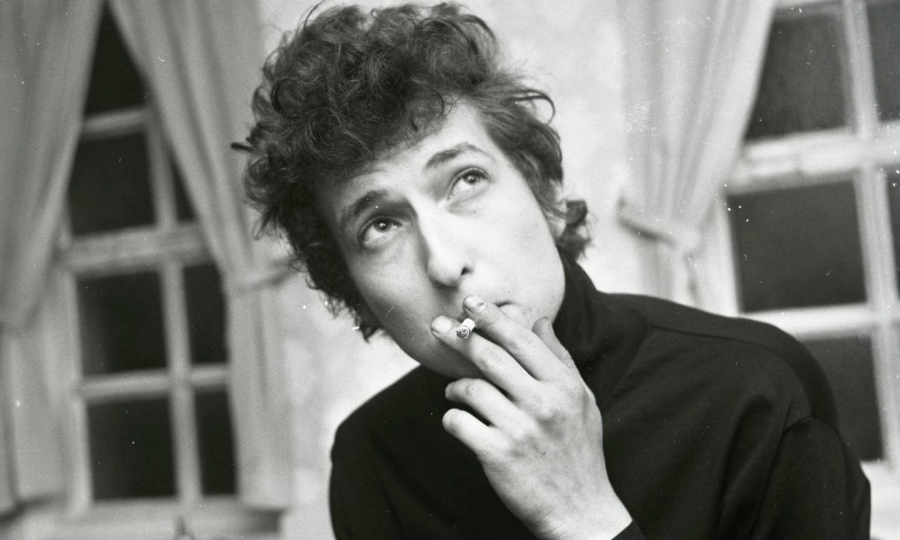
From the mouth of a poet to a stadium of rockers, this is the transitional tale of Knockin’ On Heaven’s Door: from Dylan to Guns N’ Roses.
Bob Dylan
It all begun, somewhat surprisingly, with screenwriter Rudy Wurlitzer. The film enthusiast was acquainted with Dylan throughout the ’70s and asked him to compose a few songs for a Western he was working on. The movie, Pat Garrett and Billy The Kid.
Dylan agreed and recorded a few songs in February 1973 at Burbank Studios, California. The result was 10 tracks, all written by Dylan.
The most poignant, Knockin‘ on Heaven’s Door, was inspired by the film and written from the perspective of a dying sheriff. With two splendidly simple verses:
Mama, take this badge off of me
I can’t use it anymore
It’s gettin’ dark, too dark for me to see
I feel like I’m knockin’ on heaven’s door
Mama, take these guns away from me,
I can’t shoot them anymore.
That long black cloud is coming down
I feel like I’m knockin’ on heaven’s door
The tune plays while Sheriff Colin Baker is dying from gunshot wounds and Dylan cameos as the character, Alias.
Famous blues prodigy, Booker T. Jones, sometimes claims to have played bass on the track as he and Dylan were neighbours in Malibu. However, Terry Paul is credited as the bass player on Knockin’ On Heavens Door however, while Jones is credited on four other songs.
Upon the soundtracks release most critics responded unfavourably. Famous rock critic Robert Christgau graded it a ‘C’ in Creem, and described the album as “two middling Dylan songs, four good original Bobby voices, and a lot of Schmylan music.”
Furthermore, John Landau wrote in Rolling Stone that, “it is every bit as inept, amateurish and embarrassing as Self Portrait. And it has all the earmarks of a deliberate courting of commercial disaster, a flirtation that is apparently part of an attempt to free himself from previously imposed obligations derived from his audience.”
Nonetheless, Knockin’ on Heaven’s Door was a certified hit upon release reaching #12 on the Billboard Hot 100 and #14 on the UK Top 75.
Guns N’ Roses
A common plague for Bob Dylan is that many think his songs weren’t written by him as their effortless simplicity means they are easily adaptable. I have seen many a surprised face upon being told All Along The Watchtower was not written by Hendrix. Knockin’ On Heaven’s Door is much the same.
Guns N’ Roses originally recorded and released a studio version for the 1990 soundtrack to the Tom Cruise movie Days Of Thunder. This version was slightly modified for their 1991 album Use Your Illusion II.
Following the passing of Queen frontman Freddie Mercury from AIDS in 1991, there was a tribute concert held as Wembley Stadium on 20 April, 1992. The benefit sported acts such as Elton John, and Brian May.
The showstoppers however, were Guns N’ Roses. In front of a sold out crowd of 72,000 people they launched into a powerful rendition of Knockin’ On Heaven’s Door, no doubt heightened in power by the recent loss of Mercury. See the stunning performance below:
Ted Christopher
Another otherworldly version comes from Ted Christopher who asked Bob Dylan if he could add a verse and cover it in the wake of the Dunblane massacre. The deadliest mass shooting in British history took place on 13 March, 1996 when Thomas Hamilton shot dead 16 children and one teacher before taking his own life.
This is one of the rare occasions where Bob Dylan has granted his blessing to change lyrics to his music. The song immediately reached #1 in the UK and is as chilling as it is uplifting.
While we’ve got you, check out:
- All Along The Watchtower: From Dylan to Hendrix
- Hurt: From Reznor to Cash
- Cocaine: from Cale to Clapton
- Mad World: from Tears for Fears to Gary Jules
- Blue Suede Shoes: from Perkins to Presley
